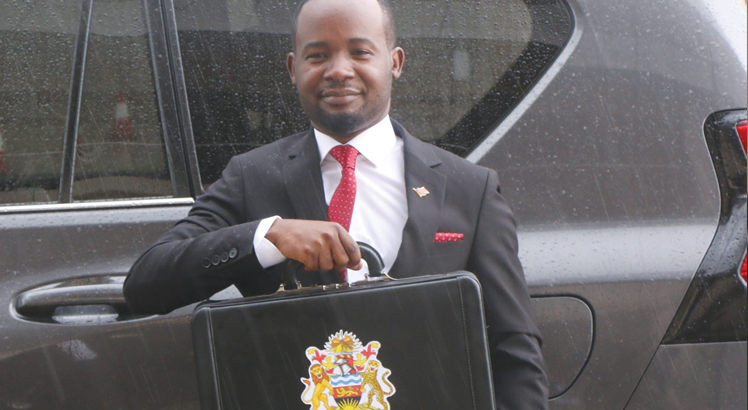Government raised K1.2 trillion in auctions of Treasury notes in 2022, a jump from the K745.86 billion raised during the previous year, published CDH Investment Bank Limited (CDHIB) data shows.
In its 2022 Annual Report published on Tuesday, the investment bank said the rejection rate was at 9.07 percent in 2022 compared to 5.16 percent in 2021.
Reads the report in part: “Overall, government domestic borrowing increased in nominal terms in 2022 to K1.9 trillion relative to 2021 at K1.1 trillion.”
Lately, financing needs for the government have been on an upward trend for the past four financial years, with the largest increase registered in 2020/21 financial year at the height of the Covid-19 pandemic.
However, Treasury has been facing challenges to meet domestic debt target due to liquidity challenges faced by market players.
Speaking in an interview on Tuesday, market analyst Cosmas Chigwe said the trend is not healthy as it crowds out private investment.
He said: “Banks and financial institutions always have an avenue to lend which is considered risk-free so do not have incentive to lend to private sector.
“Also, the growth in debt means increased interest payments and therefore continues to limit fiscal space for investment expenditure. It is not sustainable.”
For instance, data published in the 2021/22 Annual Public Debt Report produced by Ministry of Finance and Economic Affairs shows that Treasury bills recorded an under issuance of around K290.47 billion while Treasury notes issuances underperformed by K79.70 billion largely driven by under issuances of seven-year and 10-year notes.
The 2019/2022 Medium-Term Debt Management Strategy has been guiding the development of the issuance calendars.
Minister of Finance and Economic Affairs Sosten Gwengwe is on record as having admitted that Treasury still faces huge imbalances between tax revenue and expenses, saying the country will continue to borrow to at least six percent of the gross domestic product (GDP) to finance the fiscus as they work on coming up with a lean budget.
At six percent of GDP, Treasury falls short of the recommended three percent.
Said Gwengwe: “We are running a budget that carries with it some deficits.
“The previous year it was hovering around eight percent and in this year we dropped down to seven percent and our plan is to be able to reduce as a percentage point of our deficit to GDP by one percent every year.”
In the 2022/23 National Budget, Treasury has cut the budget deficit projection to 7.1 percent or K842.1 billion.
As at end September 2022, public debt stood at K7.3 trillion, up from K6.38 trillion in March 2022, an increase of 14 percent, according to Treasury.
External and domestic debt accounted for 45 percent or K3.3 trillion and 55 percent or K4 trillion of the total debt, respectively.
International Monetary Fund resident representative Farayi Gwenhamo is on record as having said given the need to restore sustainability of public debt, the budget plan for 2023/24 financial year will need to ensure that spending is prudent and prioritised while revenue mobilisation gets enhanced.
The post Govt raises K1.2tn in Treasury notes first appeared on The Nation Online.
 Moni Malawi
Moni Malawi 

